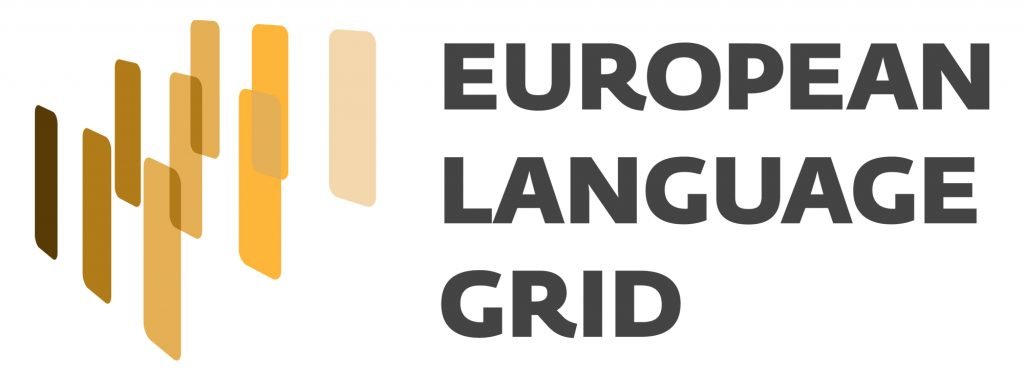THE EUROPEAN LANGUAGE GRID PROJECT ENDED ON 30 June 2022.
Support the Multilingual Digital Single Market
European Language Grid (ELG) will strengthen the commercial European Language Technology landscape by establishing a pan-European marketplace. Offering powerful multilingual, cross-lingual and monolingual technologies, ELG will contribute to the emergence of a truly connected, language-crossing Multilingual Digital Single Market.
We will create a digital marketplace on which European companies can showcase and offer their Language Technologies to customers. The ELG will also provide technologies to the European citizen, public administrations and NGOs.
Grow a vibrant community and help coordinate all European LT activities
ELG will become the primary platform for the Language Technology community in Europe. ELG is an initiative for the European LT community, including industry, innovation and research. It can only be successful if a large community makes active use of the platform and contributes data sets and services.
We are growing a vibrant community by collaborating with all related projects and initiatives, issuing open calls and establishing 32 National Competence Centres.
Create a powerful and scalable LT platform using a grid architecture
ELG’s novel technological approach enables innovations and synergies between commercial and non-commercial LT providers, buyers and users. ELG designs, develops and deploys a unique LT platform, based on the principle of encapsulating services in containers. This approach tackles and solves the notorious issue of interoperability.
By applying virtualisation to LT services, ELG enables commercial and academic providers to deposit their running services in, and to deploy them through the grid.
The project consortium consists of the German Research Centre for Artificial Intelligence (DFKI, Germany), the Institute for Language and Speech Processing (ILSP, Greece), University of Sheffield (United Kingdom), Charles University in Prague (Czech Republic), ELDA (France), TILDE (Latvia), SAIL LABS Technology (Austria), Expert System (Spain) and the University of Edinburgh (United Kingdom). The project is coordinated by DFKI.
ELG participates in the wider European Union’s NGI initiative towards a more human-centric internet.
Website: european-language-grid.eu
CORDIS sheet: cordis.europa.eu



